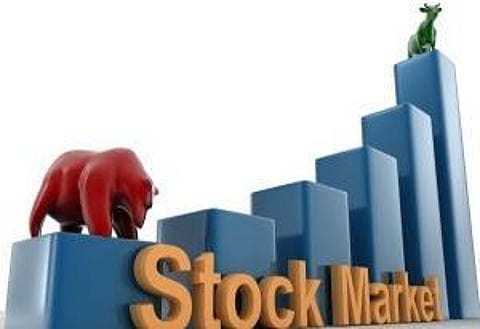

With the recent development of introducing diamonds among the list of 91 commodities that can be traded on Indian exchanges, India will be among a handful of nations that are trying to trade diamonds, noted Times of India.
It further stated that the Centre updated a consolidated list of 91 commodities, including diamond, tea, eggs, cocoa and brass, that can be traded in the derivatives market. SEBI has asked exchanges to take steps to amend relevant rules and regulations for implementing the same.
Worldwide, diamond is a commodity that is least traded because of the difficulty in standardizing it and the perceived lack of transparency in its pricing. Some of the biggest commodity exchanges in US, UK and Asia steer far clear of trading diamonds, because apart from jewellery usage, it has very little industrial value.
"Trading diamonds is not the same as trading gold, silver, oil or rice. All the other commodities have standards and are uniform one ingot of gold or one barrel of sweet cru de is the same and measurable as any other ingot of gold or oil barrel. Other commodities are standardized and have a benchmark and are homogenous in nature. With diamonds, no two diamonds are the same each diamond is unique," quoted C P Krishnan, whole-time director, Geofin Comtrade Ltd to TOI.
In a bid to bring in standardisation, the industry aims at looking at sale of only diamonds certified by the Gemological Institute of America (GIA). "We will be looking at auctioning diamonds only from D to G colours, with VVS clarity and with XXX excellent overall cut grade," quoted Praveenshankar Pandya, chairman, Gem and Jewellery Export Promotion Council (GJEPC) to TOI.
"When a person wants to invest in diamonds, they can buy maybe 10 cent units of diamond stock. And that will give the buyer, 110th of a diamond (100 cents= 1carat) and if he keeps buying more stock, he can redeem a one carat diamond. The diamond's entry into the financial market will ensure guaranteed returns to those who invest in them," says GJEPC's Pandya.
Another reason why diamonds as a tradeable commodity hasn't taken off worldwide is because traders in derivatives on most occasions never take physical delivery of the commodity they are speculating in. And even if delivery were to be undertaken, shipping of diamond comes with its own challenges in terms of theft, security, packaging, etc.
And what does a dissatisfied trader do? How do you return diamonds just bought?
Analysts expressed concern that unlike gold and silver which has very high resale value, diamonds generally cannot be sold back to retailers by consumers. Even when resold, retailers take them back at a fraction of their original sale price.
"Things are changing in the diamond industry and it no longer operates as it once used to. We are trying to address this concern from our regular customers and we take back diamonds sold by us at 90% of its original value. We are also trying to bring in more transparency in the way diamonds are priced with indexing," quoted Jignesh Mehta, founder and MD, Divine Solitaires to TOI.
"Diamond's entry into the financial markets will help demystify the auro around diamonds and the way they are priced," says Mehta. "I'd welcome this move as it will be an encouragement to the industry."
Follow DiamondWorld on Instagram: @diamondworldnet
Follow DiamondWorld on Twitter: @diamondworldnet
Follow DiamondWorld on Facebook: @diamondworldnet
